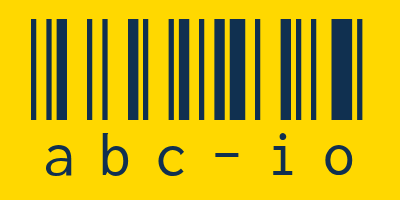
- Multiple coding agents run tasks in parallel, enabling concurrent workflows
- Validation stages are designed to stop errors from spreading widely
- Verdent indexes codebases, tracks dependencies, and generates automatic documentation
Verdent AI, founded by former TikTok Head of Algorithms Zhijie Chen, has launched an autonomous coding suite capable of managing complex development tasks through multiple coding agents running in parallel.
Rather than focusing on keystroke-level completions, Verdent operates at an “outcome-driven” level where human oversight is paired with automated delegation.
The platform is also designed to index codebases, track dependencies, and generate automatic documentation such as summaries and diffs, including validation stages intended to prevent errors from spreading and to eliminate the traditional bottlenecks of manual debugging.
Structure and execution
“Verdent serves as a coding agent control center, allowing developers to plan and verify workflows and produce production-ready code in minutes,” said Chen, Co-founder and CEO of Verdent AI.
“Verdent frees engineers to concentrate on solving challenging problems, fostering innovation, and advancing their own careers by taking on the repetitive and routine tasks. It’s a peek at a time when human developers will be even more brilliant.”
Its core approach is to convert vague developer instructions into executable plans through guided dialogue, then break them into smaller subtasks.
Once divided, these are run by multiple agents simultaneously, allowing concurrent workflows.
Compared to no-code platforms, which often emphasize accessibility for non-specialists, Verdent is aimed at complex projects requiring enterprise-grade scale and agent coordination.
Its functions resemble the growing class of AI tools built around automation rather than simple suggestion.
As a result, it feels more like an elaborate packaging of familiar techniques to help tech enthusiasts take on more daunting tasks.
“We believe that the passion, imagination, and creative problem-solving abilities of human engineers can never be replaced by AI.”
“We also firmly believe that AI will empower engineers to take on more challenging and creative work, like Spock supporting Captain Kirk, rather than replacing them.”
Alongside the main suite, Verdent Deck serves as the desktop management interface. It currently runs on Mac with a Windows version expected later in the year.
Developers using the platform can assign tasks to isolated agent sessions, commit or roll back code, and manage Git worktrees from within the interface.
Verdent AI positions Deck as a way of organizing, monitoring, and validating the work of coding agents.
However, its practical advantages over existing environments remain to be tested in live production settings.
Verdent enters a competitive field already occupied by platforms such as Devin, Cursor, and Windsurf.
Its distinguishing feature is an emphasis on scaling to enterprise-grade projects and supporting long-horizon planning.
The inclusion of on-premises code review backed by GPT-5 suggests a reliance on the same underlying LLM technologies that power AI writers and conversational systems.
This reflects a shift where agent-based programming may increasingly depend on AI tools for both generation and validation.











Add Comment